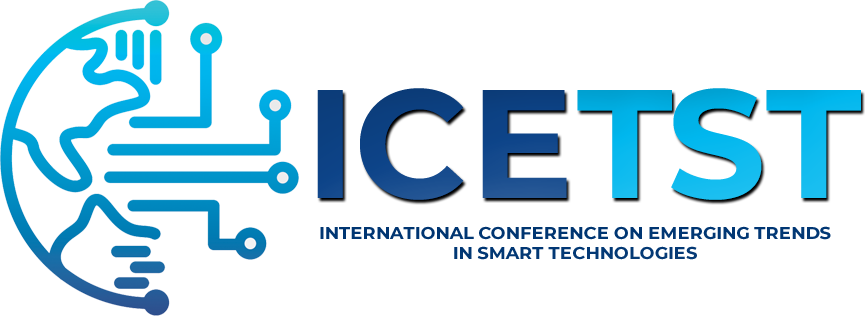
Professor – Department of Computer Science
MS CS and MS DS Program Coordinator, Head of Big Data Analytics Laboratory (BDA-LAB)
Institute of Business Administration (IBA), Karachi
Title of Tutorial: Bayesian vs Frequentist Machine Learning: A Healthcare Analytics Perspective
Topic Description: This tutorial will focus on two well-known machine learning approaches: Frequentist and Bayesian. The former involves the ever expanding landscape of statistical machine learning algorithms while the latter involves the use of Bayesian methods to sample predictions from posterior distributions of the labels based on prior and likelihood of the predictors’ distribution. It is generally well-known that data scientists tend to prefer frequentist over Bayesian approaches, possibly due to some success of ensemble models to address overfitting and achieve high performance metrics. This tutorial argues that Bayesian approaches have unrealized predictive power, and can potentially compete with frequentist models. We will present its two applications in the healthcare analytics domain: 1) prediction of length of stay for Aga Khan University Hospital (AKUH) patients, and 2) prediction of cardiac mortality for Tabba Heart Institute (THI) patients.
Aims and Learning Objectives: The primary aim of this tutorial is to compare the performance of Bayesian and Frequentist machine learning approaches. We focus on the use of the Markov Chain Monte Carlo (MCMC) method for sampling posteriors. Such a comparison is not a norm in the machine learning community. So, the tutorial demonstrates the potential power of Bayesian approaches in critical machine learning applications. We present an application and comparison with frequentist approaches for case studies conducted with two local hospitals, AKUH and THI.
An Outline of the Tutorial Content: After the basic ML theory, the tutorial veers towards the description of frequentist and Bayesian approaches to machine learning, including the possible pros and cons. Then, the process and results of two healthcare applications will be presented, along with the limitations of each approach. The tutorial terminates with key observations of an ML application in the healthcare domain, based on applications in these and other projects.
